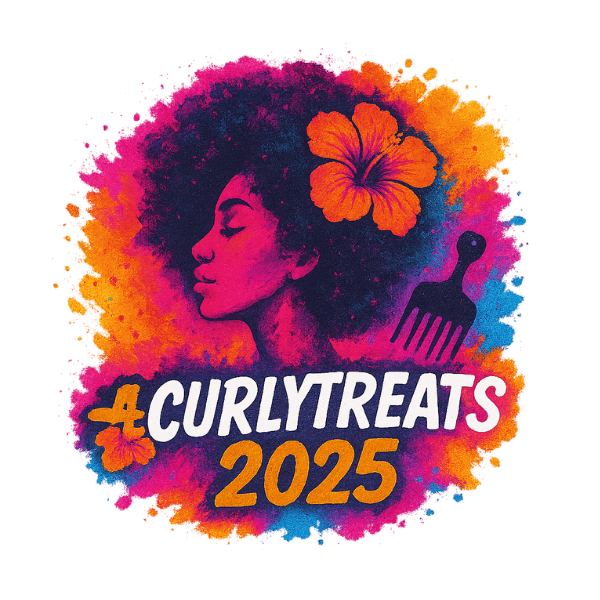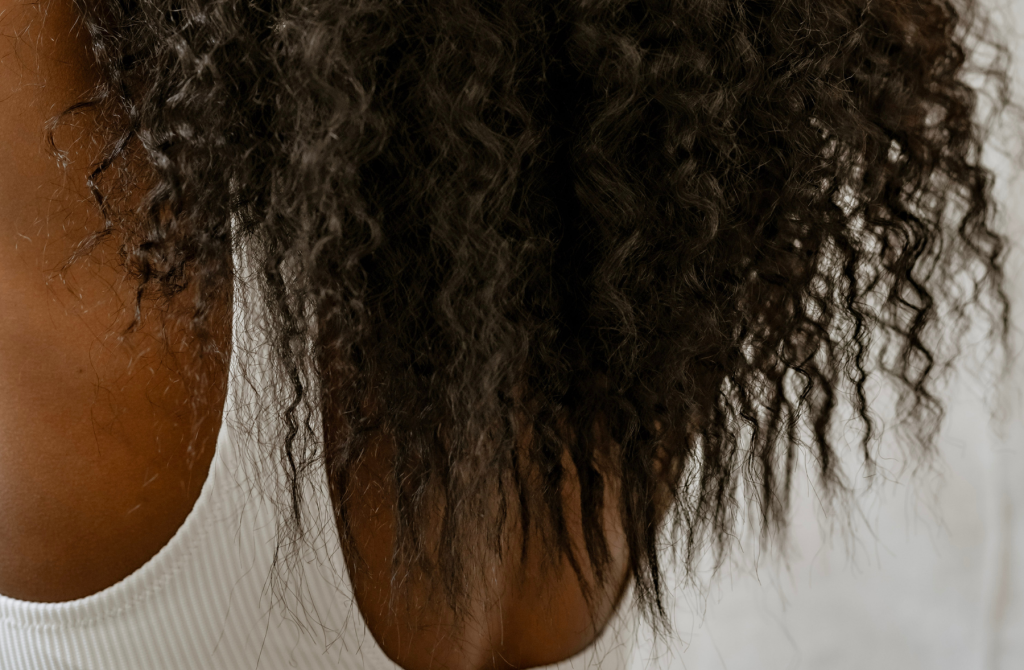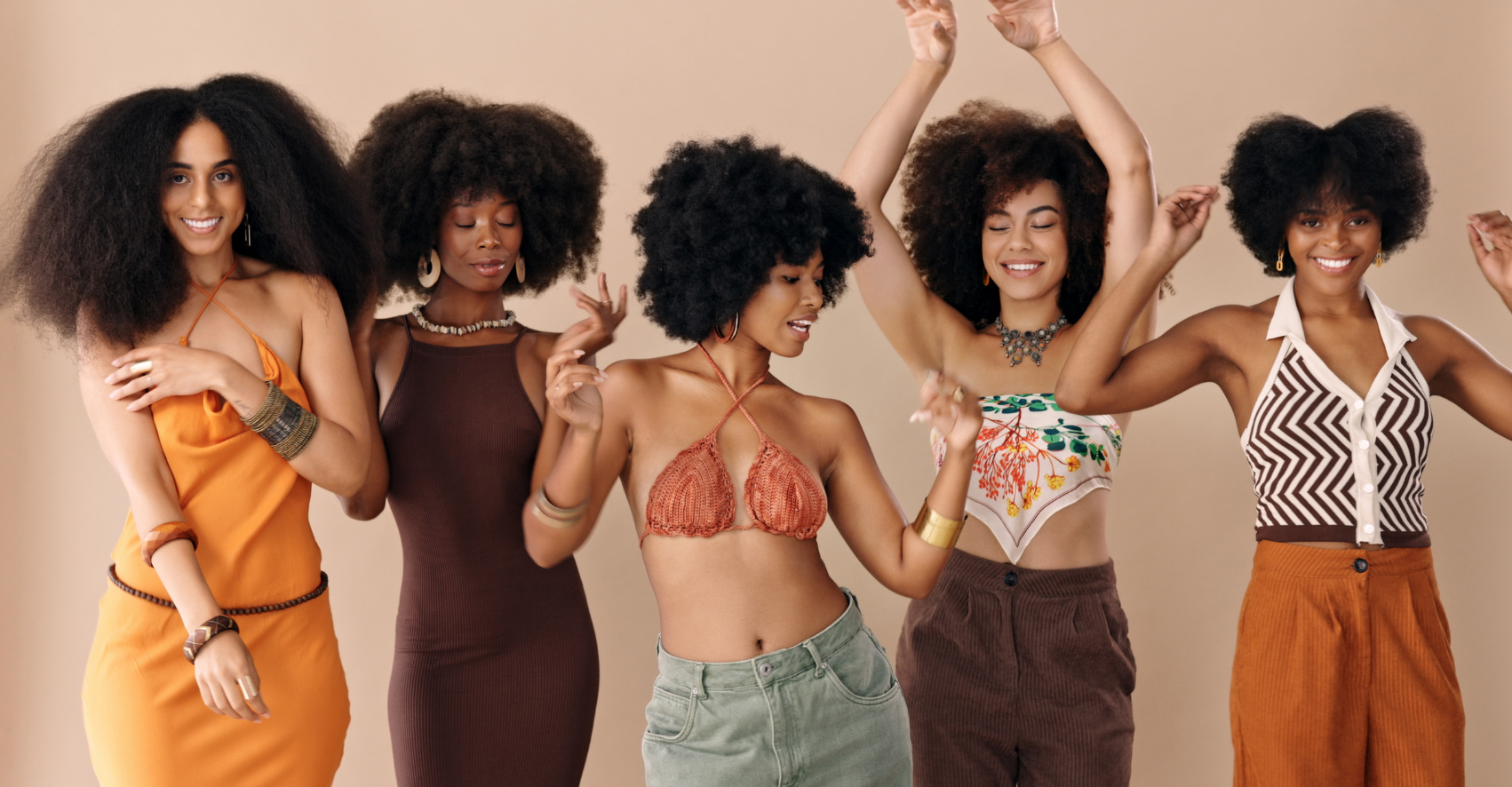Imagine fighting for a decade just to wear your hair the way it naturally grows. That’s exactly what Aboubakar Traoré, a steward at Air France, went through. After 10 years of court hearings and workplace pushback, he won a groundbreaking legal case - and it's bigger than one airline. His victory matters for everyone who’s ever been told their natural hair is “unprofessional.”
This isn’t just about dreadlocks. It’s about dignity, self-expression, and breaking down systemic bias in the workplace.
What happened between Air France and Aboubakar Traoré?
Back in 2012, Air France stopped Traoré from flying on duty because they judged him for having dreadlocks - even though they were neatly tied back. The company claimed it violated their grooming standards. But Traoré wasn’t having it.
He argued the policy was discriminatory and harmful to both his cultural identity and personal dignity. And for the next ten years, he fought for his right to wear his natural hair at work - pushing back against a policy that, for many, felt outdated and unfair.
His win is a legal milestone. It forces businesses to take a hard look at how “professionalism” has been defined and who gets excluded because of it.
Why dreadlocks discrimination is a bigger workplace issue
This case isn’t isolated. Across the globe, people with afro hair, locs, braids, and twists have faced unfair workplace rules. These styles aren’t trends - they’re part of identity, culture, and heritage.
From school uniforms to office policies, natural hair is often policed in a way that Eurocentric standards are not. This double standard feeds into systemic bias and makes people feel like they have to change who they are to succeed.
In the US, the CROWN Act was introduced to ban hair discrimination in schools and workplaces. Traoré’s victory now echoes that same call for change across Europe — showing it’s time to rethink grooming rules everywhere.
What to do if you're facing hair discrimination at work
- Know your rights: In the UK, the Equality Act 2010 protects you from discrimination based on race — and that includes afro-textured hair.
- Keep records: Log any incidents, conversations, or comments that feel discriminatory. Note dates and who was present.
- Raise concerns: Speak to HR or management through formal channels. Use your company’s grievance procedure to ensure your complaint is taken seriously.
- Get advice: If the issue isn’t resolved, seek guidance from a legal adviser or employment rights organisation like Acas or the Equality Advisory Support Service.
For employers: how to make your workplace more inclusive
- Review appearance policies: Make sure grooming rules don’t target or exclude natural hairstyles.
- Train your team: Run workshops on cultural competency and unconscious bias, especially for HR and leadership.
- Get employee feedback: Invite diverse voices to help shape company policies.
- Stay informed: Keep an eye on global best practices, like the CROWN Act or legal precedents like Traoré’s case.
- Celebrate natural hair: Visibility matters. Use events, campaigns, and content to showcase a range of hair textures and styles.
Why this win matters bigger than Air France
Aboubakar Traoré’s case isn’t just about personal victory - it’s about systemic change. It shows that policies once seen as “neutral” can actually be harmful, and that standing your ground can shift workplace culture globally.
It’s also a reminder: professionalism should never come at the cost of authenticity. Hair is part of who we are. And no one should have to choose between their culture and their career.
Let this moment be the catalyst for more inclusive conversations at work - where every texture, curl, loc, and braid is respected.




